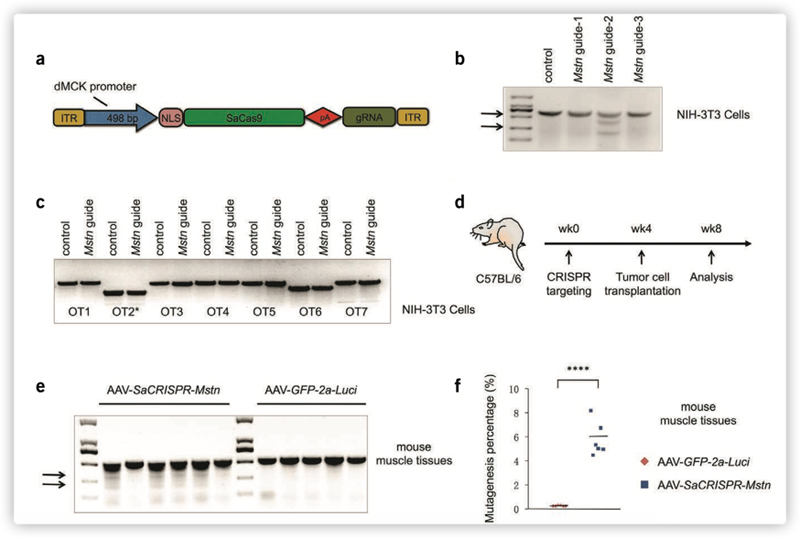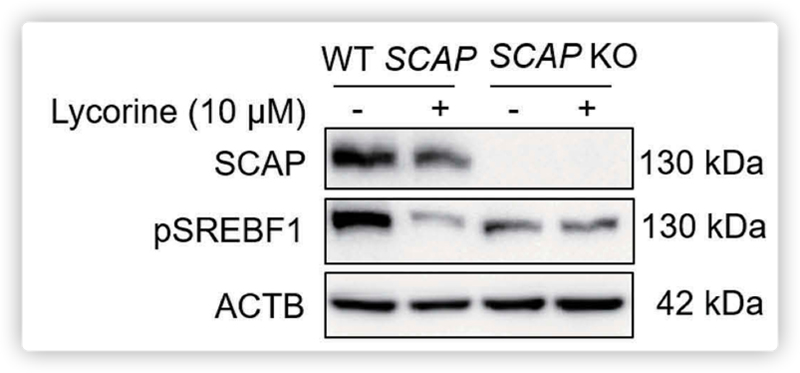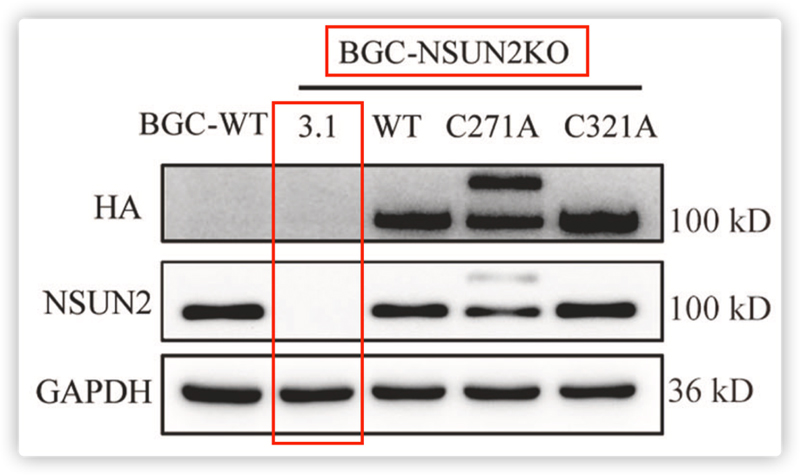
- Lentivirus
- Adeno-Associated
- Adenovirus
- Pseudovirus
- Vector
- Synthesis
- Autophagy Research
- CRISPR/Cas9
- Noncoding RNA
- Luciferase Assay
- Reagents
WHAT ARE YOU LOOKING FOR?
The CRISPR-Cas9 system is a gene editing technology based on the modification of adaptive immunity mechanisms in prokaryotes. It consists of two modules, one is the gRNA and its backbone that recognise specific DNA sequences, the other is Cas9, a protein that binds and edits DNA. Since its invention, the technology has developed rapidly. Nowadays, CRISPR-Cas9 and its variants are widely used in various fields, such as editing, detecting, labelling, and imaging of nucleic acids in live cells. The technology has revolutionised the way basic life sciences and biomedicine are researched due to its efficiency and ease of use in different species. The inventor of the technology was also awarded the 2020 Nobel Prize in Chemistry. Today the CRISPR-Cas system is still thriving, with broad prospects and deep potential both in basic science research and in clinical applications such as gene therapy and cell therapy.
Product name | Function |
pSpCas9(BB)-2A-EGFP/PURO | Transient transfection, low transfection efficiency |
Lentivirual vector-mediated spCas9 system | Integrating genomes with potential risk of off-targeting |
Adenoviral vector-mediated spCas9 system | Non-integrated, efficient Gene knockout system |
AAV-saCas9 | In Vivo Gene Editing |
Knockout / Knockin plasmid and virus construction | |
Single-clone knockout cell line (encoding genes, non-coding genes) | |
Viruses with tissue-specific expression of Cas9 |

Articles about gene editing published in collaboration with Hanbio: in vivo gene editing of muscle tissue with AAV-SaCas9.

Clients of China Pharmaceutical University successfully established SCAP-knockout HL-7702 cell lines using pHBcas9/ gRNA puro vector constructed by Hanbio.

The NSUN2 knockdown BGC-823 cell was successfully established by a client of The 2nd Affiliated Hospital and Yuying Children’s Hospital of WMU using CRISPR-Cas9 Lentivirus produced by Hanbio.

A client from Huazhong Agricultural University, successfully edited the target gene using CRISPR-Cas9 Adenovirus produced by Hanbio to infect of mouse liver via tail-vein injection.
Anterior cingulate cortex dysfunction underlies social deficits in Shank3 mutant mice
(Nature Neuroscience(IF=21.126), Department of Neurobiology, School of Basic Medicine, Fourth Military Medical University)
SLE non-coding genetic risk variant determines the epigenetic dysfunction of an immune cell specific enhancer that controls disease-critical microRNA expression
(Nature communications(IF=14.919), Shanghai Institute of Rheumatology, Renji Hospital, Shanghai Jiao Tong University School of Medicine (SJTUSM))
Discovery of a potent SCAP degrader that ameliorates HFD-induced obesity, hyperlipidemia and insulin resistance via an autophagyindependent lysosomal pathway
(Autophagy(IF=11.059), China Pharmaceutical University)
Prevention of Muscle Wasting by CRISPR/Cas9-mediated Disruption of Myostatin In Vivo
(MOLECULAR THERAPY(IF=8.986), Institute for Nutritional Sciences, Shanghai Institutes for Biological Sciences, Chinese Academy of Sciences/ Hanbio Research Center)
NSUN2 modified by SUMO-2/3 promotes gastric cancer progression and regulates mRNA m5C methylation
(Cell death & disease(IF=8.469), The Second Affiliated Hospital and Yuying Children's Hospital of Wenzhou Medical University)

Contact Hanbio and leave your requirements. We will reply as soon as possible.